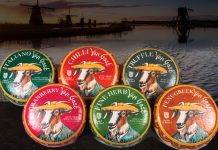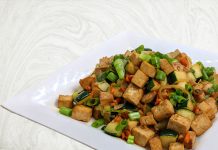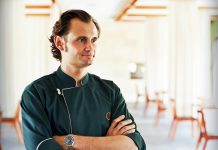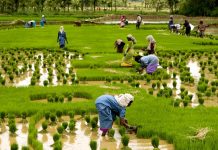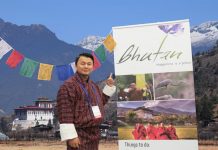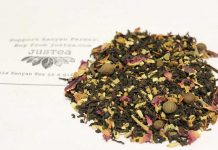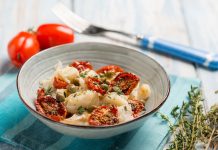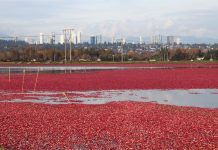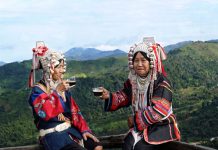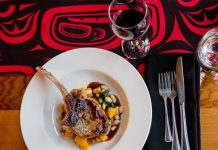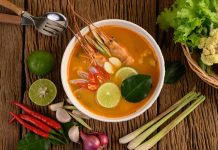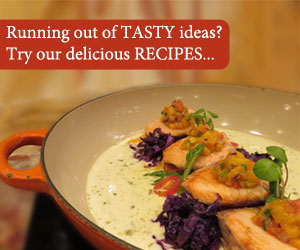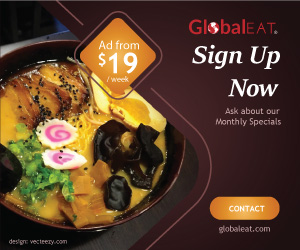Food can bring comfort, nostalgia and smiles to faces. You are what you eat. Here’s why this Southeast Asian country is branded “Land of Smiles”.
We have diversity of everything in Thailand, culture, food, and the people of Thailand are friendly. Many people who visited Thailand come back and say that Thailand is truly a “Land of Smiles”, said Consul General of Thailand in Vancouver, Nontawat Chandrtri.
It’s not just the culture that makes Thai people friendly, but also the food they eat that make them smile. Dining is a great way to know Thailand, its culture and the people. The Royal Thai cuisine or Chaowang food is the most revered Thai cuisine.
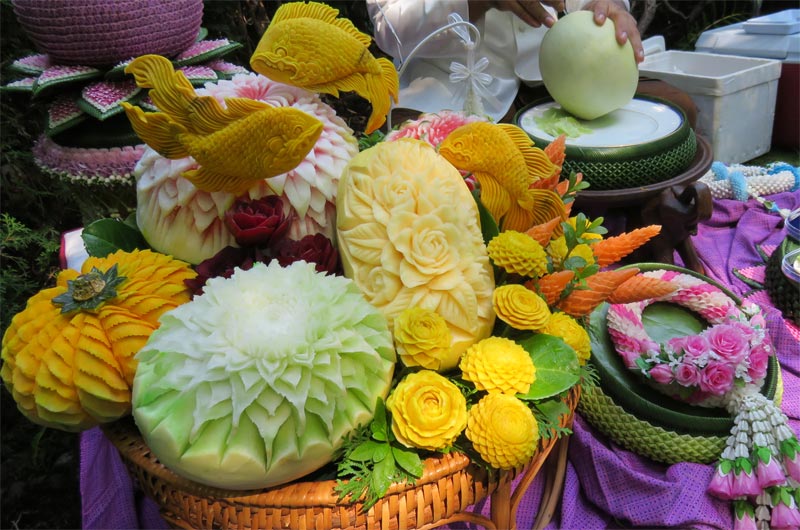
Royalty food can be traced back to the palace cuisine of the Ayutthaya kingdom, the Siamese monarchy that reigned from 1351 to 1767. Foreign visitor influences also added to the richness of Thai food.
“Thailand has a long history of welcoming the international community. It dates back to the Ayutthaya period,” explained Chandrtri who hosted the Thai Garden cuisine party at his official residence the recent summer.
Siam as it was known then, was the “first international metropolitan in Asia”, said Chandrtri.
“There were many different communities including the French, Portuguese, Japanese and Chinese who lived in the land. We have harmony and tolerance of others,” he added.
Thai people’s experience in catering to foreign palates is perhaps one of the key reasons for Thai food being voted as one of the world’s most loved cuisines.
Secrets to Delicious Food
“We have virtually all kinds of ingredients in Thailand. Thai food is the most delicious food in the world because we cook our food using many different methods. We also take time to prepare our food,” said Chef Natawat pointing to a table laden with tasty dishes.
“Thai food is unique. It doesn’t taste too sour, spicy or sweet, just the right combination of flavours. We call it the Arroy taste in Thai, just like umami in Japanese.”
Natawat said his inspiration for cooking came from a Thai drama he watched at 15 years old. It was a food story about a chef teaching a young person to cook.
“Everyone eats, so when I am a chef, I know I will be able to get a job in the future.”
“I studied in the Dusit Thani College hospitality industry program and learned all kinds of cooking. I chose to specialize in Thai food because I am Thai,” he proudly added.
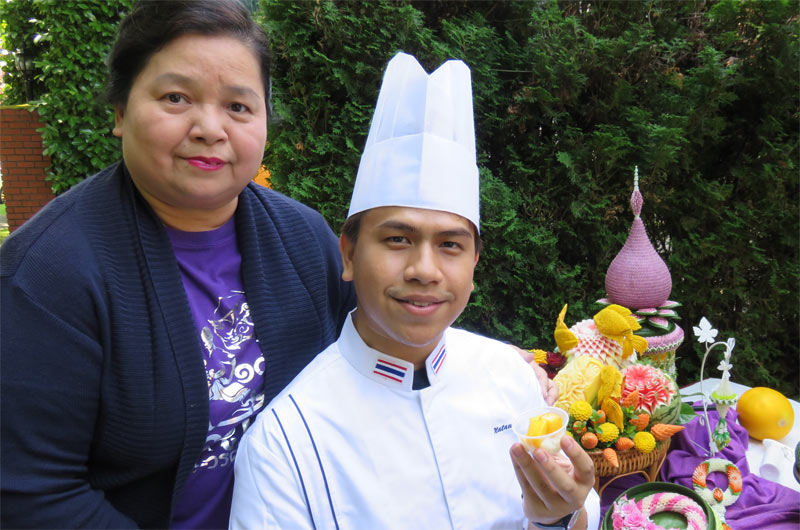
A must taste is his mango sticky rice, a traditional Thai dessert. The secret to the Arroy taste is using nam doc mai mango and Isan grown khao neow (sticky rice), said Natawat.
Cooking Programs
Visiting Vancouver for the first time, professor and assistant professor Prachya Paemongkol of Rajamangala University of Technology Phra Nakhon said it was his love and admiration of Thai cuisine and his aspiration to delight diners that motivated him to choose a career in Thai cooking.
“Our university is unique because we specialize not only on the training but also practice of Thai cuisine. I specialize on Thai food and hotel management. In my faculty, we focus on three areas of specialties: fashion clothing, Thai cuisine, and Thai arts and crafts.”
The university’s Faculty of Home Economics Technology is renowned in Thailand for its domestic science program. Within the faculty, they offer three bachelor degree programs: Home Economics, Science in General Home Economics as well as Technology.
“I want to put a smile on faces of people who try the food I prepare and cook. Moreover, to add science to the cuisine, so it’s more understandable as well as highlight the nutritional aspects of food,” explained Paemongkol.
We offer a four year bachelor program in how to prepare and cook Thai cuisine, and a two-year masters program focusing on management, said Paemongkol.
Paemongkol added they also offer an intensive four-month Thai cuisine program as well as short one or two day courses. Foodies and culinary tour groups can arrange for private lessons on traditional, fusion and modern Thai cooking. Advance booking is required. More info: rmutp.ac.th



